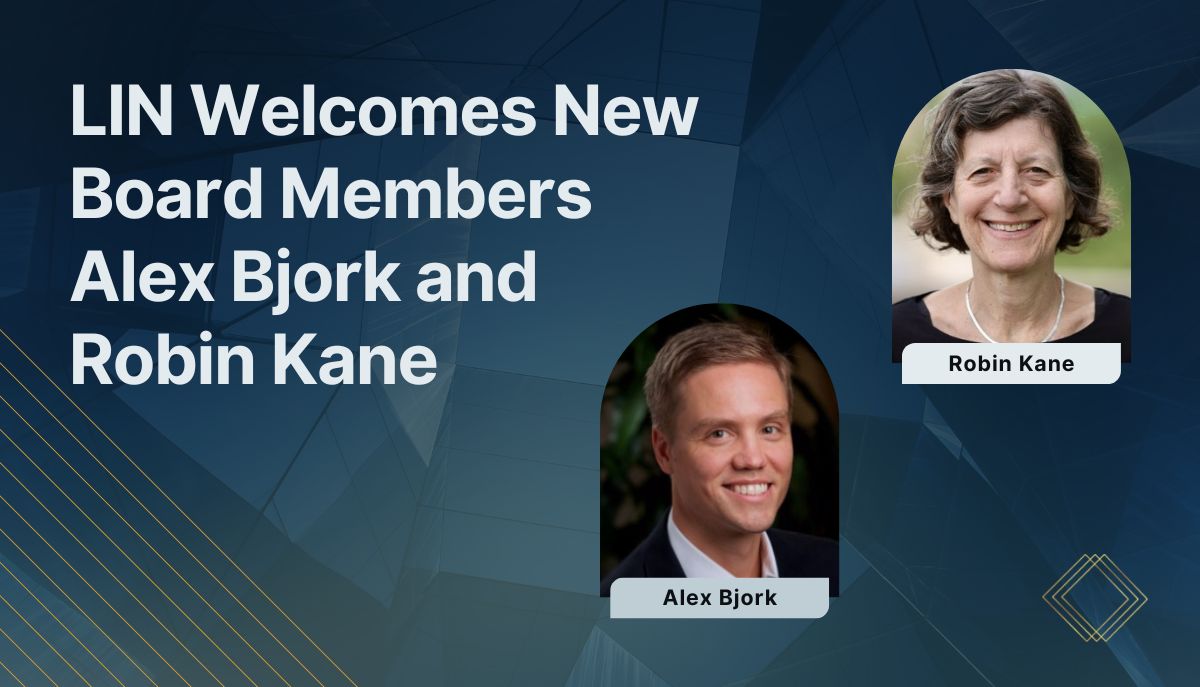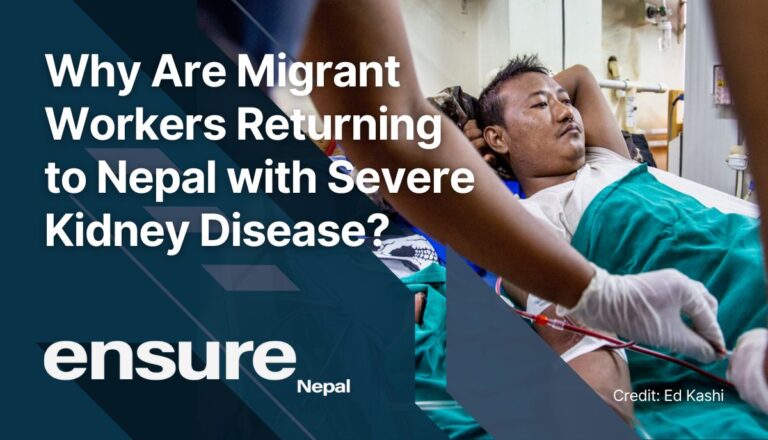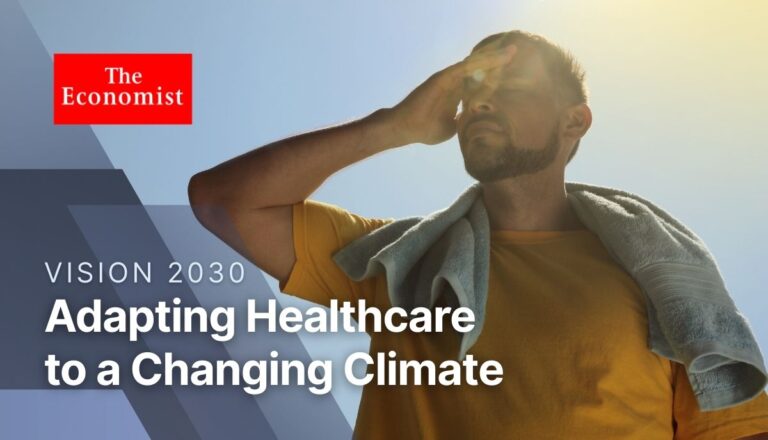La Isla Network recently welcomed two new members of the LIN Board, Alex Bjork and Robin Kane. Both bring combined decades of experience in environmental resilience/sustainability and human resources, respectively. LIN sends an enthusiastic welcome to Alex and Robin. We look forward to working with our Board to advance LIN’s mission to protect workers, reduce risk and drive efficiency.
LIN interviewed the new board members to learn more about their professional history, expertise and vision for the future of occupational safety and health.
La Isla Network: Welcome to the team! Can you please speak to your career path so far.
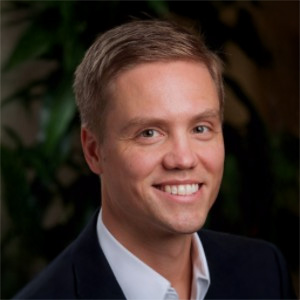
Alex Bjork: “My career has been really marked in the last 15 years working at the World Wildlife Fund in corporate sustainability, focused on sustainable supply chains. I worked directly with companies on sourcing strategies, making public commitments and engaging in multi stakeholder groups like Bonsucro for sugarcane, which is where I met Jason and became aware of La Isla Network.”
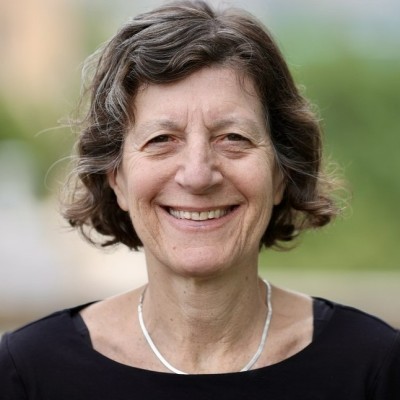
Robin Kane: “I began as a French and Spanish teacher and ESL instructor. I taught ESL to adult refugees from Southeast Asia, Africa and Latin America. My job was to help them get English skills strong enough so they could earn a job in the private sector. I thought, what I really want to do is work as a corporate trainer at a company. I have spent the last 35 years in human resources, where I have been instrumental in creating safe workplaces for employees.”
LIN: What motivates you in your career and what are your professional goals?
Alex: “In my career, I have always had a basis in the human social element. I should mention my background: my father is a doctor and my mother an educator. So, medicine, health and education have been core within my interests and have played very well into my career. The environment supports communities, and it supports business development. A lot of these issues are intertwined, so I don’t see them in silos. I see them very much from a systems perspective.”
Robin: “What motivated me during my career was how to balance the needs of a business, which needs to make money and needs to return equity to the shareholders, with the needs of employees — their wellbeing and success. If you can hit the sweet spot that brings together the employee values with the business values, then you have done something good for the organization as a whole. Looking back at my career, my proudest moments come from creating a culture in which employees feel good working for their employer, and they are able to say, this place supported me and my career.”
LIN: Why did you decide to become a board member of La Isla Network?
Alex: “ I was always very impressed by LIN’s successful model as an NGO of being able to deliver impact and work with multiple partners. LIN and its CEO Jason Glaser have done a good job of pushing for improvements in worker safety and health, but especially within the business landscape, so that it’s economically feasible and viable for companies to invest in and get a return from workplace and workforce safety matters. Jason is a great advocate for the issue and is always driven by science, data and the best and brightest minds.”
Robin: “I heard about LIN last Spring from a New York Times article. I read the article and thought I need to find out more about this organization because they support the value of workers in the global supply chain. There are many brilliant minds in the organization and I thought I could contribute from a human resources perspective. An organization that focuses on employee safety and health needs to have a human resources lens.”
LIN: What is something important you think the public should know about occupational environmental health or the future of environmentally resilient workforces/workplaces?
Alex: “Every human relies on the natural environment to provide fresh air, clean water, healthy soil and more — it supports our livelihood. I think it is incumbent on us as a global society to protect the environment so we can have that foundation to thrive on. For people in the developed world, it does not take long to dig into the things we enjoy in our modern life and see how those come at the expense of others who labor, even struggle to provide these things. I think one thing LIN has done well is raising the dignity of the worker. They’re not to be pitied, they’re providing a valuable service to society. That should be honored and appreciated.”
Robin: “That consumers have a say in what they buy. Coming from a food background, I know that consumers really care about where the ingredients in their food is sourced from. You do have agency in what you buy. A part of that decision-making is the worker element. I want to know if workers are protected on the job while harvesting the food I eat. I believe that if it’s good for the workers, then it’s good for the business, the environment, and the future.”

